10 questions to ask before finding a mentor
Summary
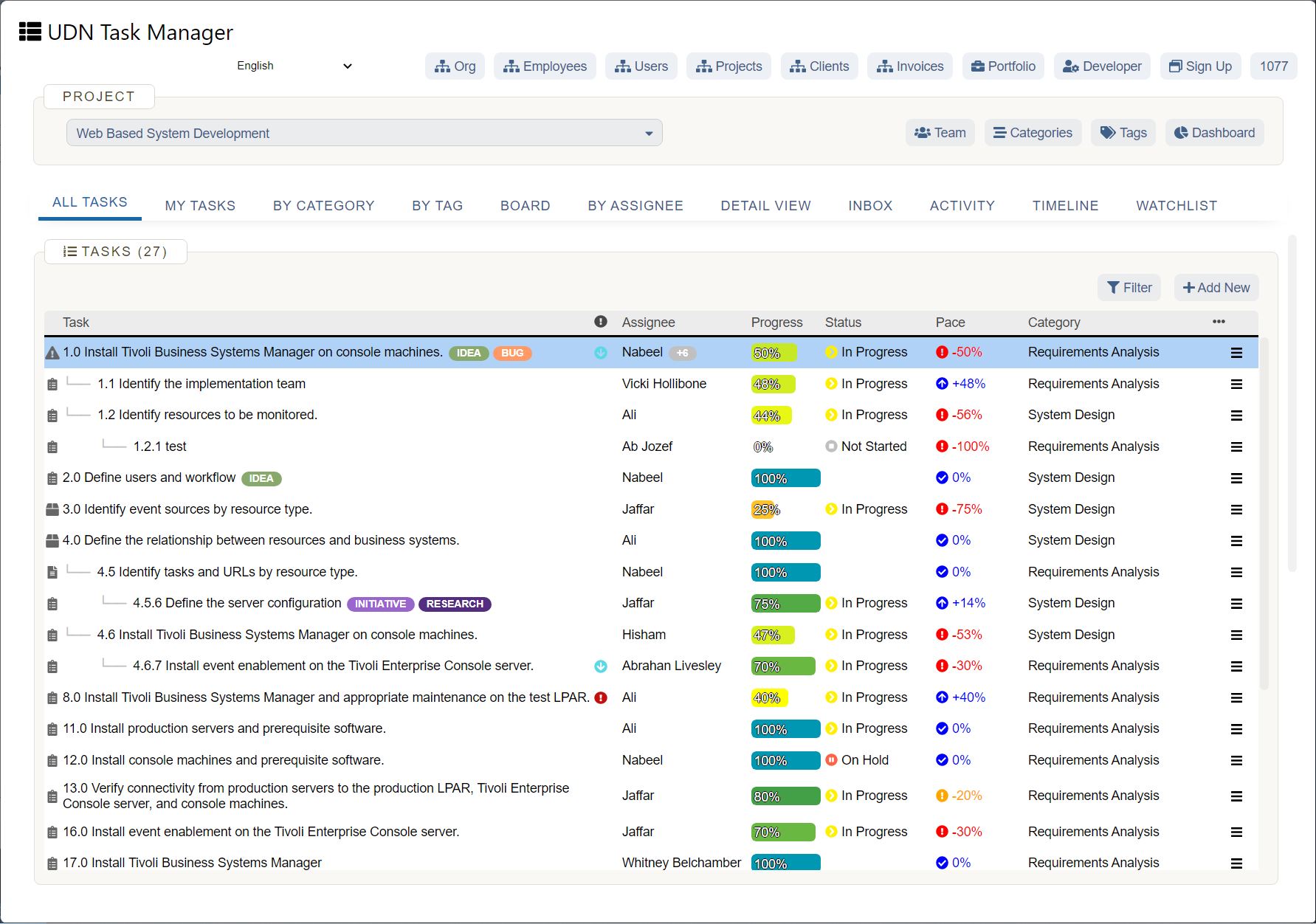
Mentorship is a great way to advance your career and hit your professional goals—but finding a mentor can be challenging. To get started and home in on the best mentor for you, ask these 10 questions. Then, learn how having goals, being proactive, and creating structure can help you improve the mentor/mentee relationship.
A mentoring relationship is more than just a nice to have. This professional relationship is one of the best ways to advance your career and hit your career goals. That’s because a mentor guides you and helps you decide what you really need to do to succeed.
Finding a mentor can be challenging, especially if you’ve never had one. Before you get started, take a look at the 10 most important questions to ask in order to find a mentor.
What is a mentor?
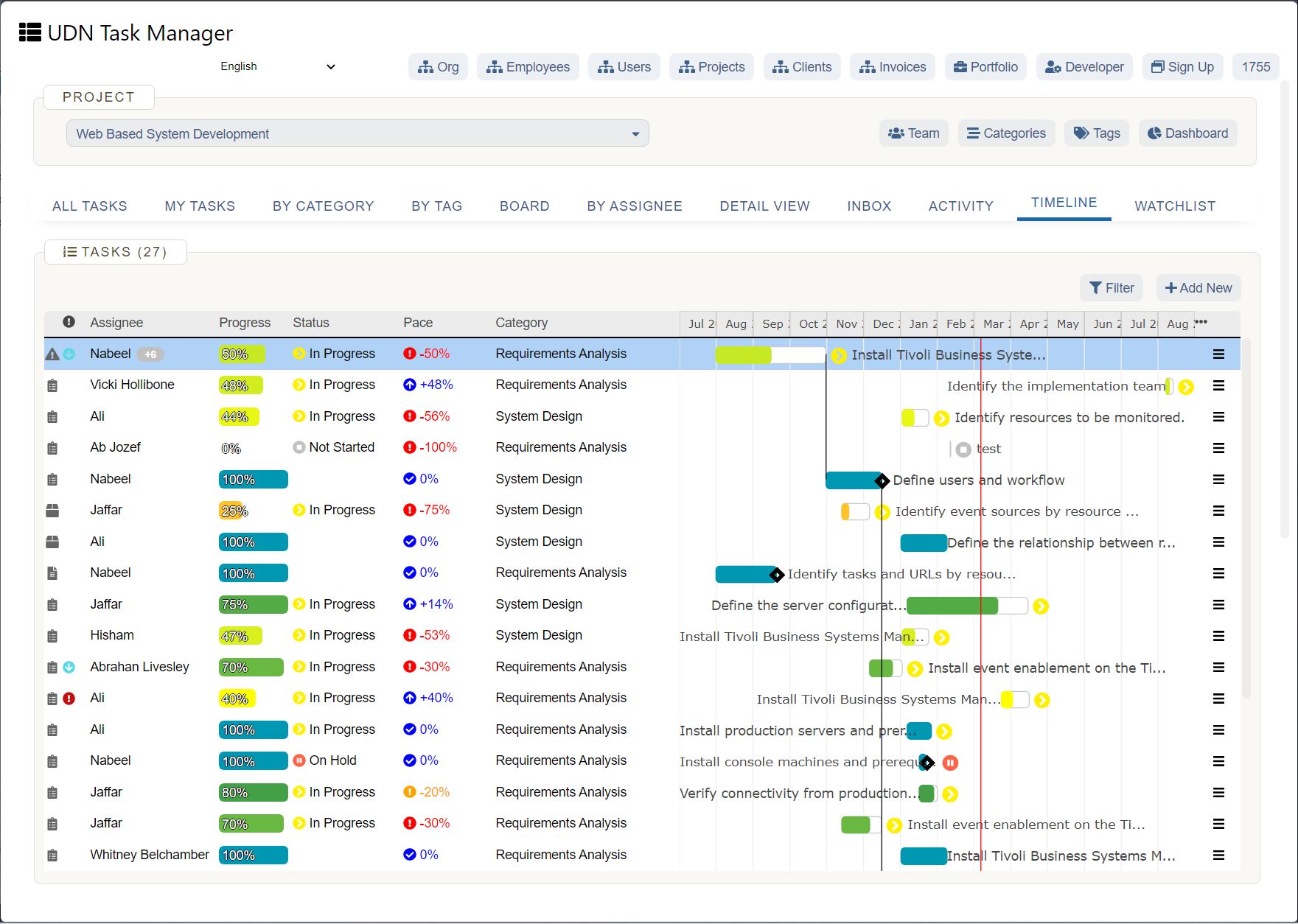
A mentor is an experienced professional who helps you grow your career and develop your professional goals. Think of this person as a role model who guides and encourages you as you navigate your professional and personal development.
Every mentor/mentee relationship is different, but mentors often serve as sounding boards for new ideas. The mentor you choose should be an experienced person in the field you're in or the industry you’re interested in.
Mentorship is less about teaching you practical skills—after all, you can learn those in your job. Rather, the mentoring experience teaches you intangible skills, the interpersonal details you need to know about your role, and the rules that aren’t necessarily written anywhere. Because they’re an expert in your field, a mentor has intuition and intimate knowledge of the space that only comes from time.
What’s the difference between a mentor, a sponsor, and a coach?
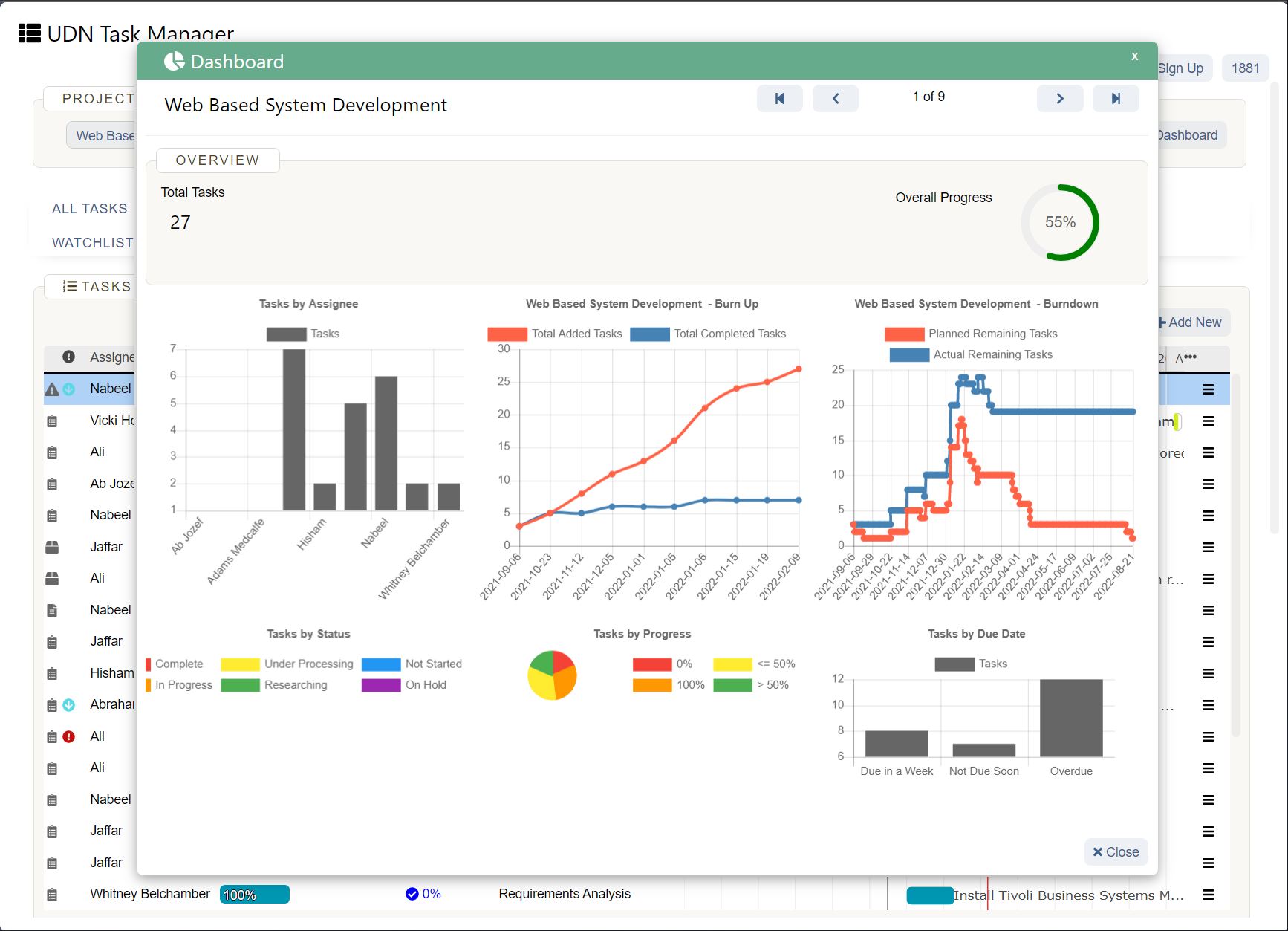
A business mentor is a professional who is willing to take time out of their day to help you. The mentorship relationship is often a two-way street—as the mentee, you get professional advice and help, whereas the mentor gets leadership and training experience out of it. Many professionals choose to become mentors because someone mentored them in the past, and that opportunity helped them arrive where they are today. Regardless of your industry or the type of mentoring you engage in, mentors do not charge for their services. At the same time, the mentorship relationship is less formal than coaching—a mentor won’t give you homework, provide a ton of structure, or do the work for you.
A sponsor is someone who works at your company. This person champions and advocates for you—they might take you under their wing to guide you towards job promotions and navigate business negotiations. Sponsors can also be mentors, but they’re typically sponsors first and foremost.
Unlike a mentor or a sponsor, a coach is a paid role. Career coaching is typically focused on one or two areas of professional development, like building your leadership style or working on your team management skills . And, unlike mentorship and sponsoring, career coaching can also help you achieve goals in your personal life. You can develop a long-term relationship with your career coach, but it will always be a business transaction, rather than a professional friendship.
What makes a good mentor?
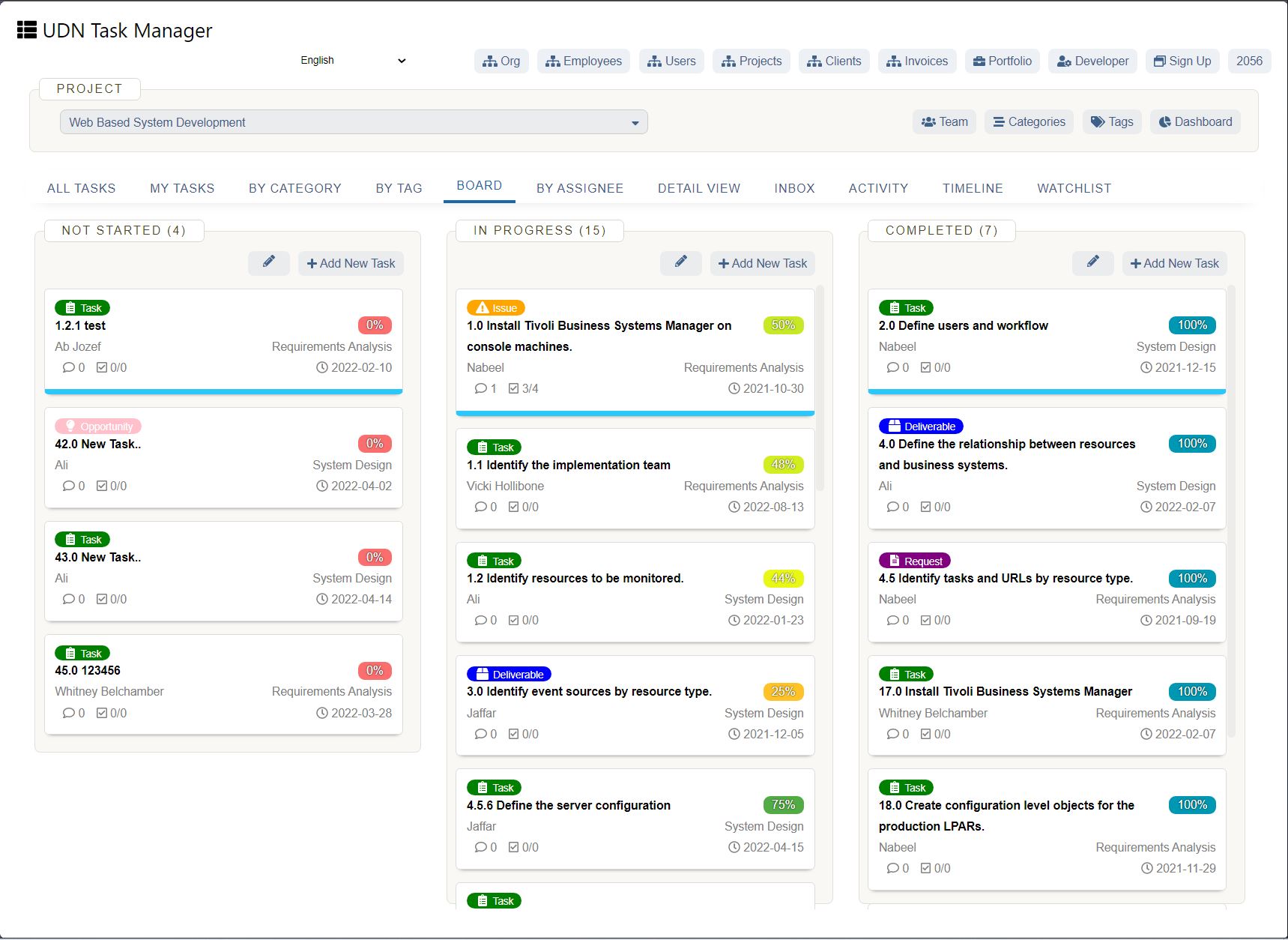
Not every professional is cut out to be a good mentor. Though the best mentor is someone you work well with and feel comfortable around, look for traits that indicate good mentorship.
The perfect mentor for you is:
An expert in your field: Look for someone who has the skill, knowledge, and experience you want. If you think “I want to be like them,” they’re probably a good mentor for you.
Dedicated to mentoring: Mentors are often busy people. Ensure the mentor you choose is willing to take the time out of their day, week, or month to meet with you.
Someone you’re comfortable around: Over time, your mentorship will develop into a professional friendship, so make sure you’re selecting a mentor you like.
Good at listening: A mentor should try to understand the challenges you’re facing. In order to offer advice, they need to practice active listening before offering suggestions.
Willing to question assumptions: A lot of career “mistakes” happen because we aren’t willing to challenge our baseline assumptions. Look for a mentor who is practiced at asking hard questions and challenging your way of thinking.
Willing to share their past experiences: A mentorship is a two-way relationship—it isn’t all about the mentee or about the mentor. Look for someone who’s excited to learn about you share their own experiences.
Interested in your long-term goals and career path: This is something that naturally develops with time, but look for a mentor with high emotional intelligence and empathy .
Your mentor doesn’t need to be a CEO or business owner. In fact, it’s often beneficial to find a mentor that’s 3-5 years ahead of you in their career—that way, they’re more connected to the challenges you're navigating and are best positioned to offer accurate support and advice.
How do I find a mentor?
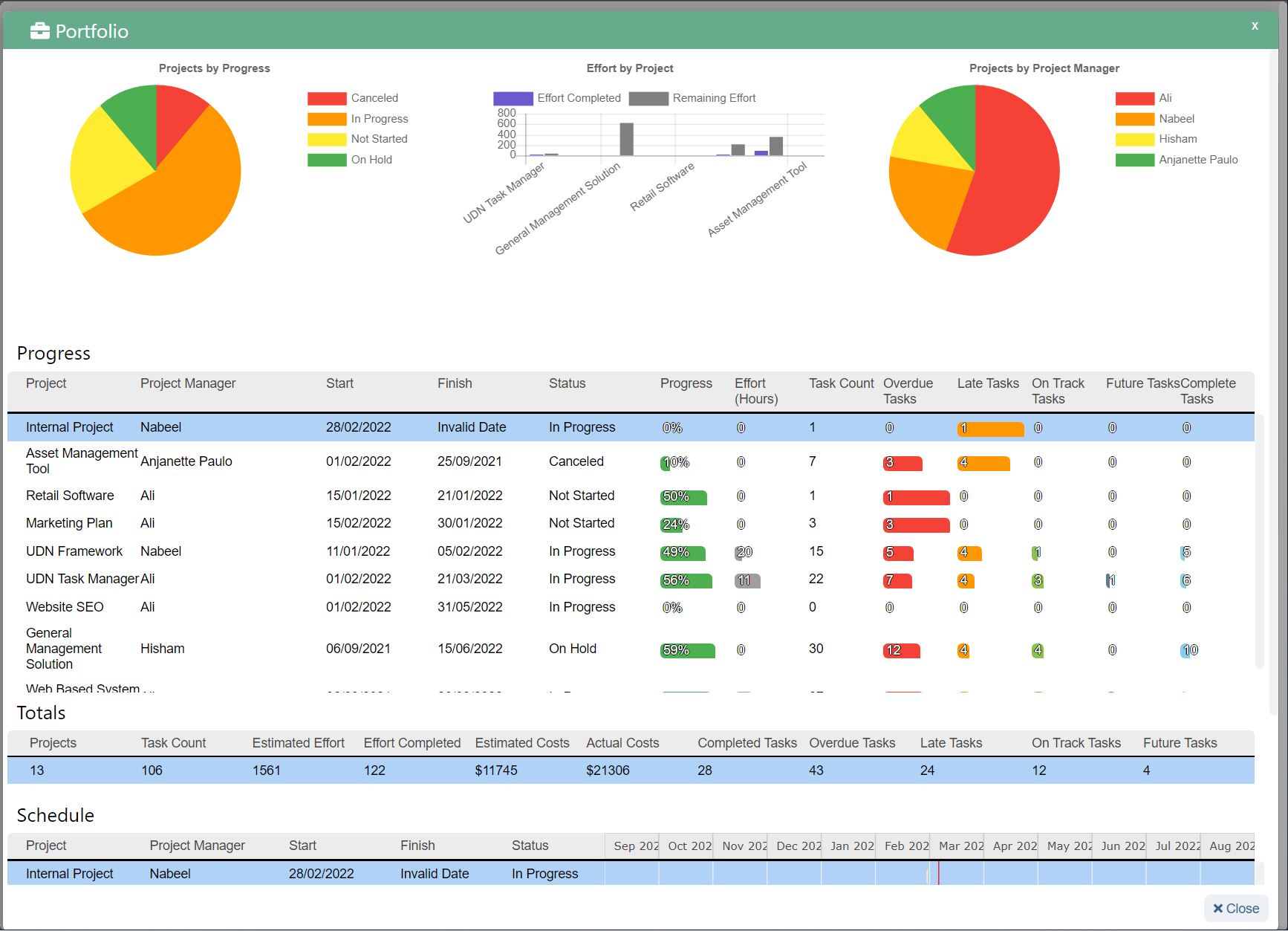
We’ll be honest, it’s hard to find a great mentor. Everyone’s career journey is different, and finding someone who can help guide your journey while offering insight from theirs takes time.
Before you start looking for a mentor, make sure you have everything you need to find the right mentor for you. Start by thinking about what you want in your career. Do you want to stay in the industry? Do you want to go deeper in one area? Understanding your own career goals helps you pinpoint the perfect mentor for your unique situation.
Once you have a sense of the type of industry professional you’re looking for, start your search. You can find a mentor virtually anywhere, including:
Your own company
Your professional network
Past connections or past bosses
Online networks and forums related to your industry
Networking events
Mentoring programs
Social media
How do I reach out to a potential mentor?
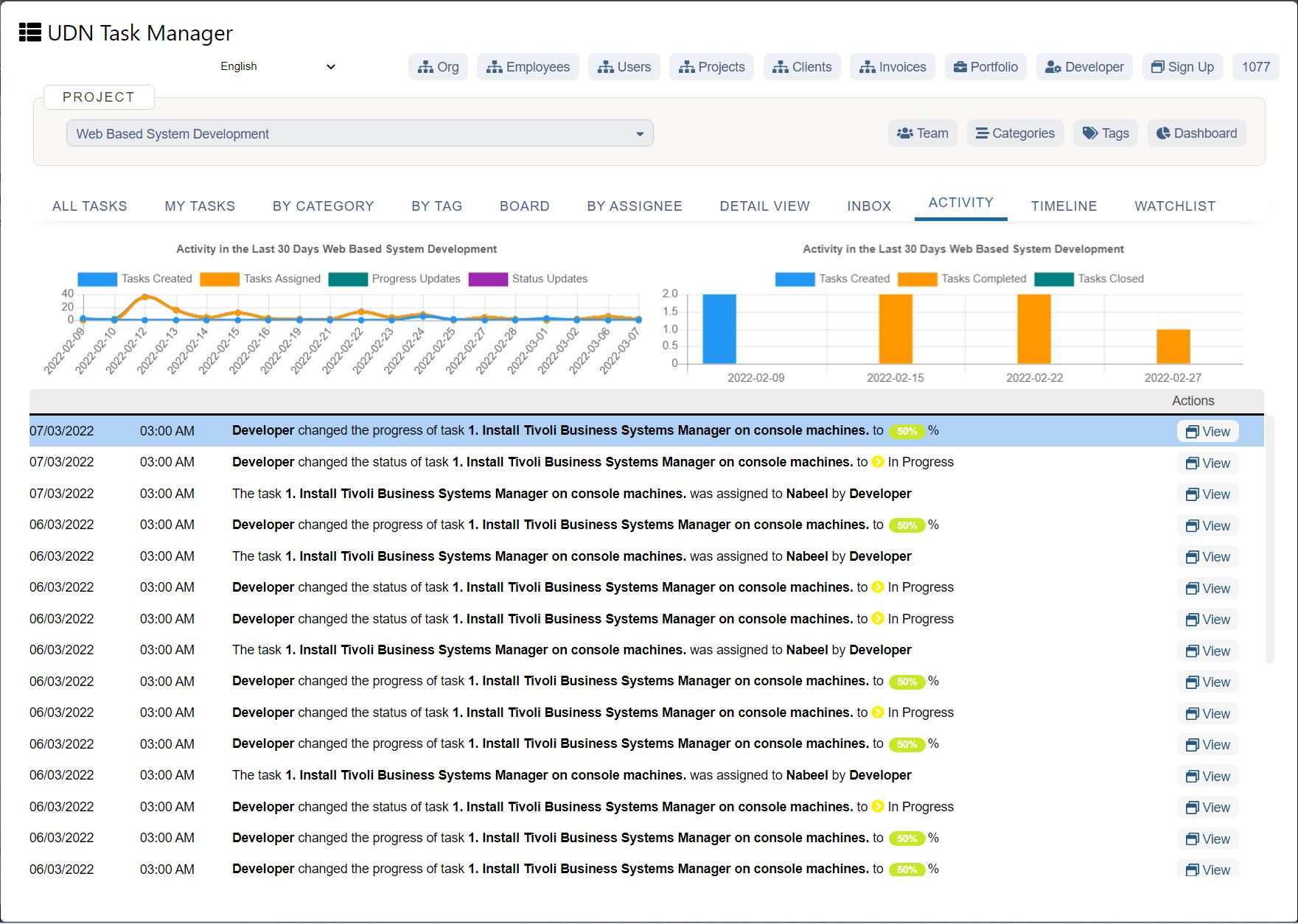
Before making the mentor/mentee relationship official, start by building a relationship with them. If you know this person, ask to meet for a coffee chat to discuss their career progression and your professional development plans . If you don’t know your potential mentor, however, you don’t want to cold ask someone to be your mentor. Instead, try to set up informal chats or informational interviews.
Before reaching out to a potential mentor, make sure to do your research. Since you scheduled the meeting, it’s your responsibility to do your homework before it begins. Look into their career and familiarize yourself with what they’ve accomplished.
When you’re ready, reach out via email to set up an informal chat or informational interview. The best mentor outreach emails:
Lead with a short introduction about yourself
Explain what you like about your potential mentor’s career
Connect your potential mentor’s career to your personal career aspirations
Clarify the ask—what do you want from them?
Thank them for their time
What does a good mentor outreach email look like?
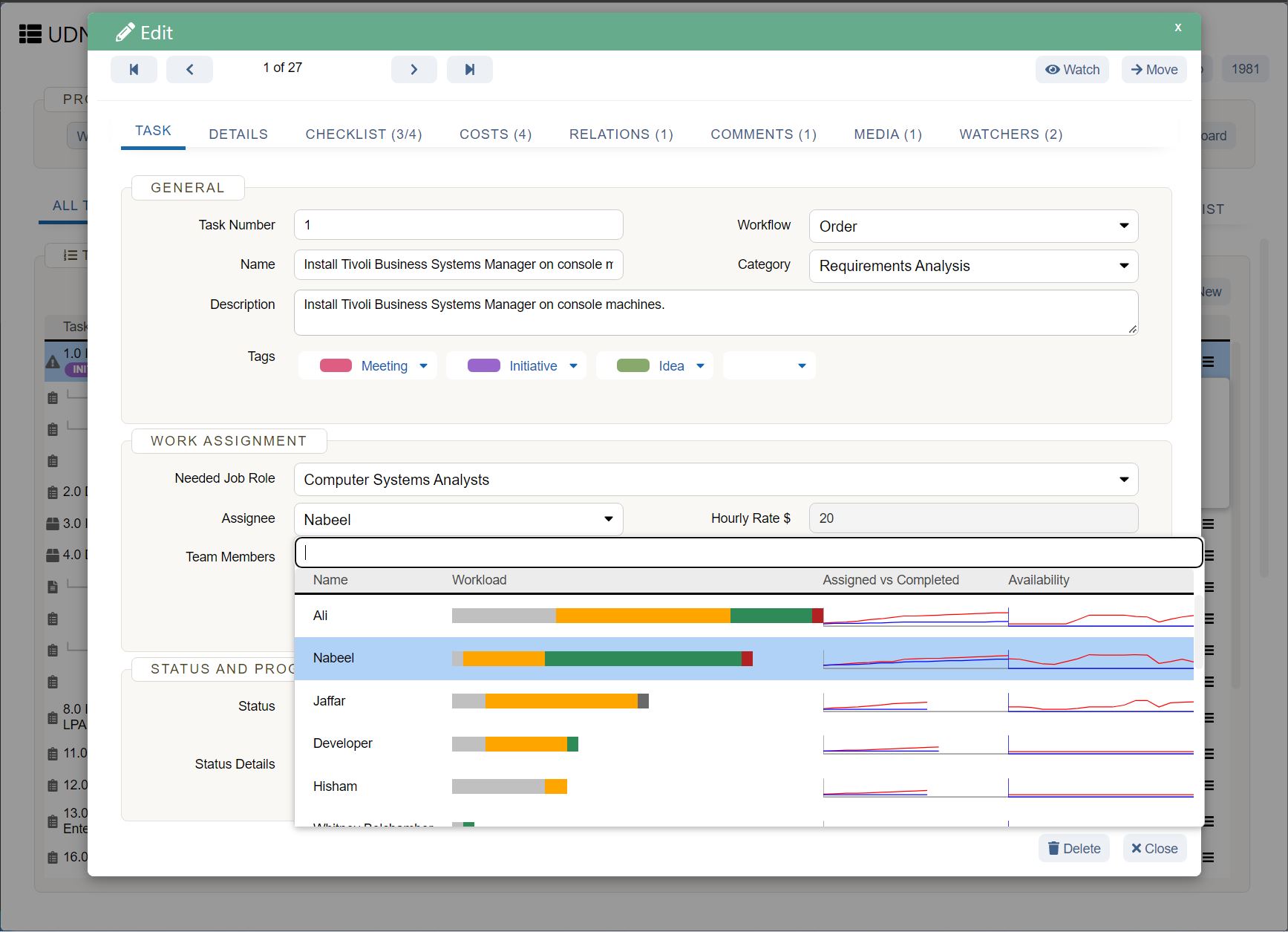
Depending on whether your potential mentor is a stranger, a friend of a friend, or a professional connection, you’ll want to send a different email style. To get started, try these three email templates for different mentorship opportunities.
Cold mentor outreach email template

Dear [Mentor’s name],
My name is [name] and I’m a [career position]. I’m particularly interested in [career goals] and I noticed that’s something you yourself have done in the past. I really liked [specific past career experience], and I’d love to hear more about it.
Are you available for a 15 minute [call/video chat] sometime this week or next?
Thanks for your time,
[Name]
Mutual connection mentor outreach email template
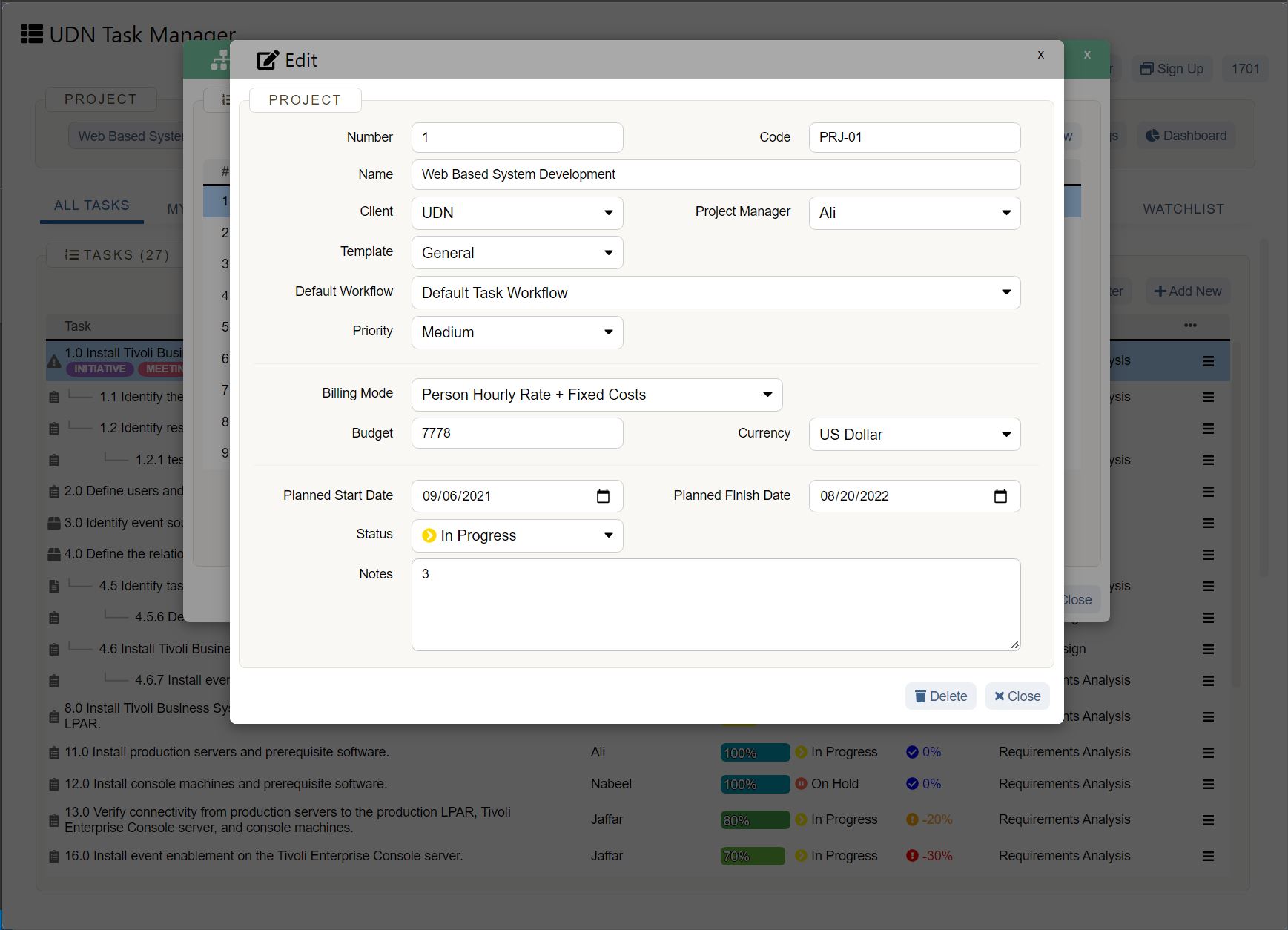
Dear [Mentor’s name],
My name is [name] and I’m a [career position]. [Mutual connection] recommended I reach out to you because [mentor accomplishment].
I’d love to schedule an informal meeting to discuss [career topic]. Currently, I’m working on [relevant project], and I’m inspired by the work you did on [mentor’s project]. I really liked [specific past career experience], and I’d love to hear more about how your career started and how you’ve gotten to where you are today.
Are you available for a 30 minute [phone call/video call] this week? I’m available at [three different time options].
Looking forward to connecting,
[Name]
Professional connection mentor outreach email template
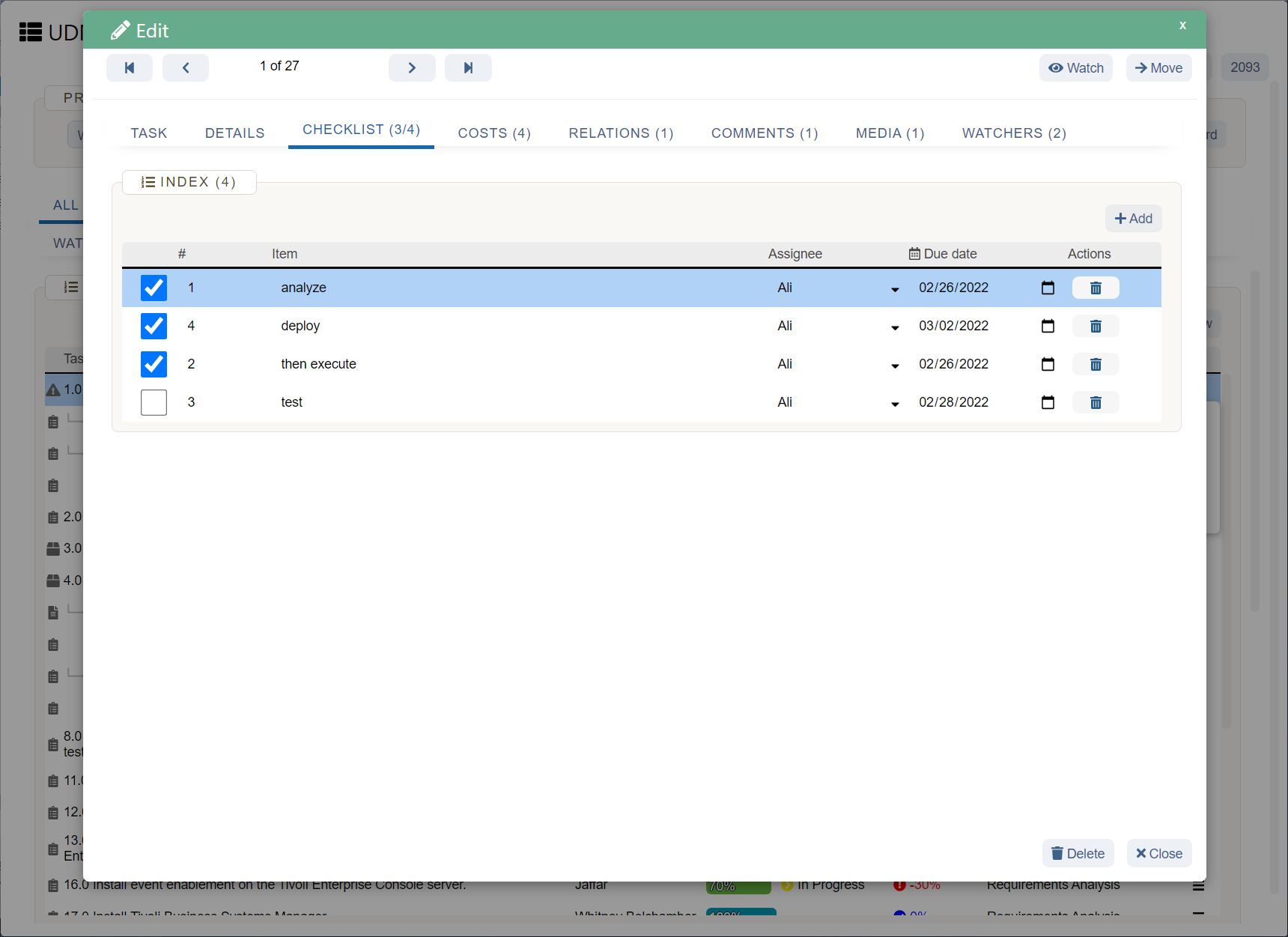
Hi [connection’s name],
I hope you’re doing well. I've enjoyed our [time working together/professional experience] and I’ve learned a lot from your expertise and leadership. I found your [advice/guidance/mentorship] on [specific past project] extremely helpful [cite specific reason if possible].
After spending time thinking about my career path, I’ve realized that I would benefit from your mentorship. [Specific career experience] is the type of work I want to do more of in the future, and I’d love to pick your brain on your past experience and how you’ve gotten to where you are.
Would you be open to coffee or lunch? Let me know what time works best for you!
Thanks in advance,
[Name]
Once I’ve found a mentor, how do I build a good relationship?
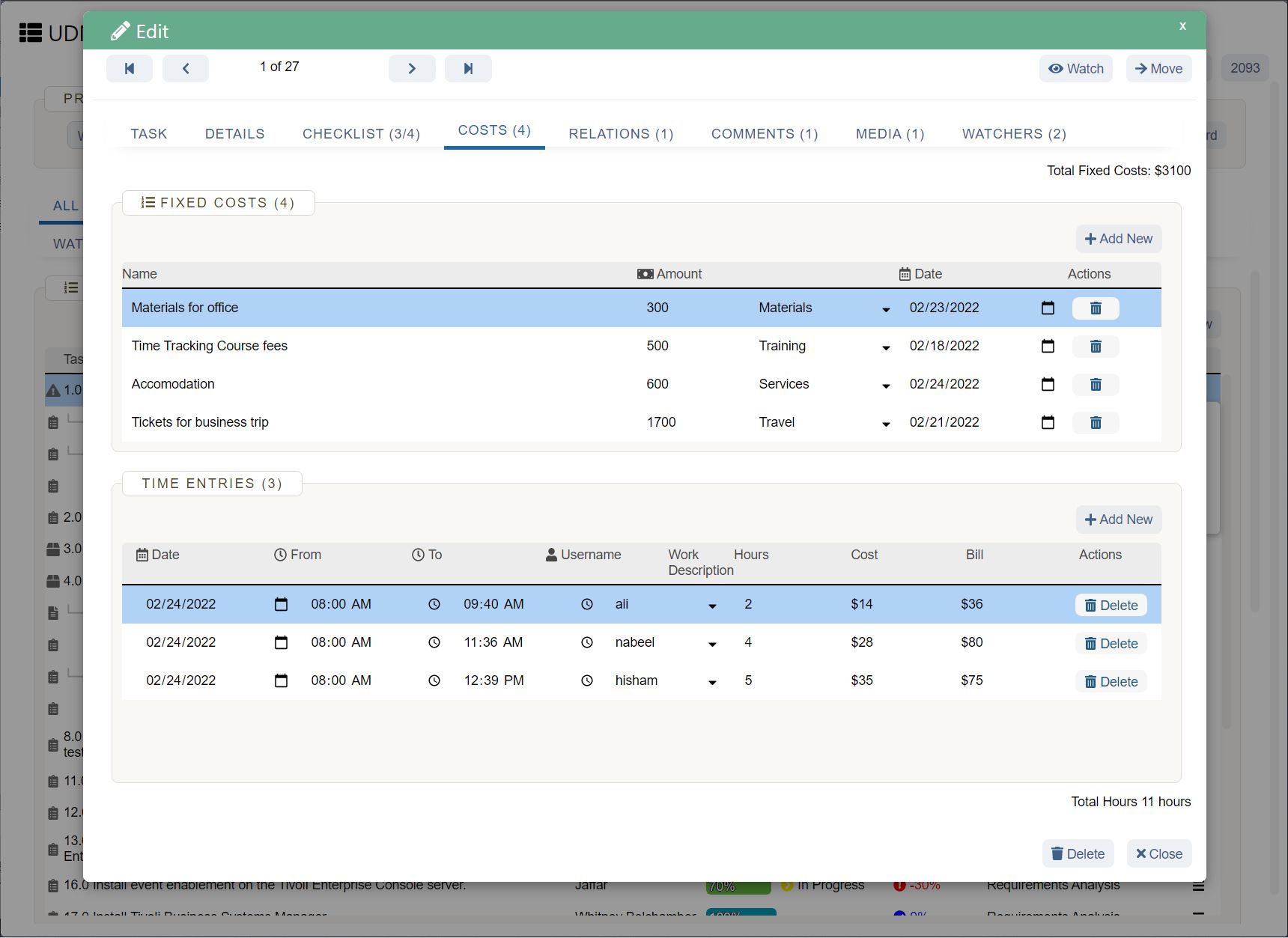
You’ve done the hard part—finding a potential mentor and reaching out to them. The rest is just being yourself. Building a good rapport with your mentor comes with time. There may be people you talk to that don’t feel like the right mentor for you—in that case, thank them for their time and advice, but don’t feel pressure to schedule a follow-up meeting.
Part of being a good mentee is preparing in advance of all your mentoring sessions—especially the first one. Before your first meeting:
Prepare specific questions. The conversation will go a lot smoother if you prepare a set of questions in advance. This doesn’t need to be a script, just enough to help the meeting feel purposeful and reduce the awkwardness.
Be prepared to talk about yourself and your career goals. Like any conversation, mentorship is a two-way street. While you won’t spend the majority of this first meeting talking about yourself, make sure you can clearly articulate your career goals and how your potential mentor’s career has inspired you.
Thank them for taking the time. This person is taking time out of their day to help you, so it’s important to show your gratitude. In addition to thanking them in person, plan to send a follow up email thanking them for the chat.
Spend the initial conversation learning more about them, sharing your own career experiences, and asking questions about your career. Don’t focus on mentorship—the main goal of your first few conversations is to see if you’re getting anything out of the conversations. Once you confirm that you two work well together, you can decide whether or not to pop the question.
When should I formalize the mentor/mentee relationship?
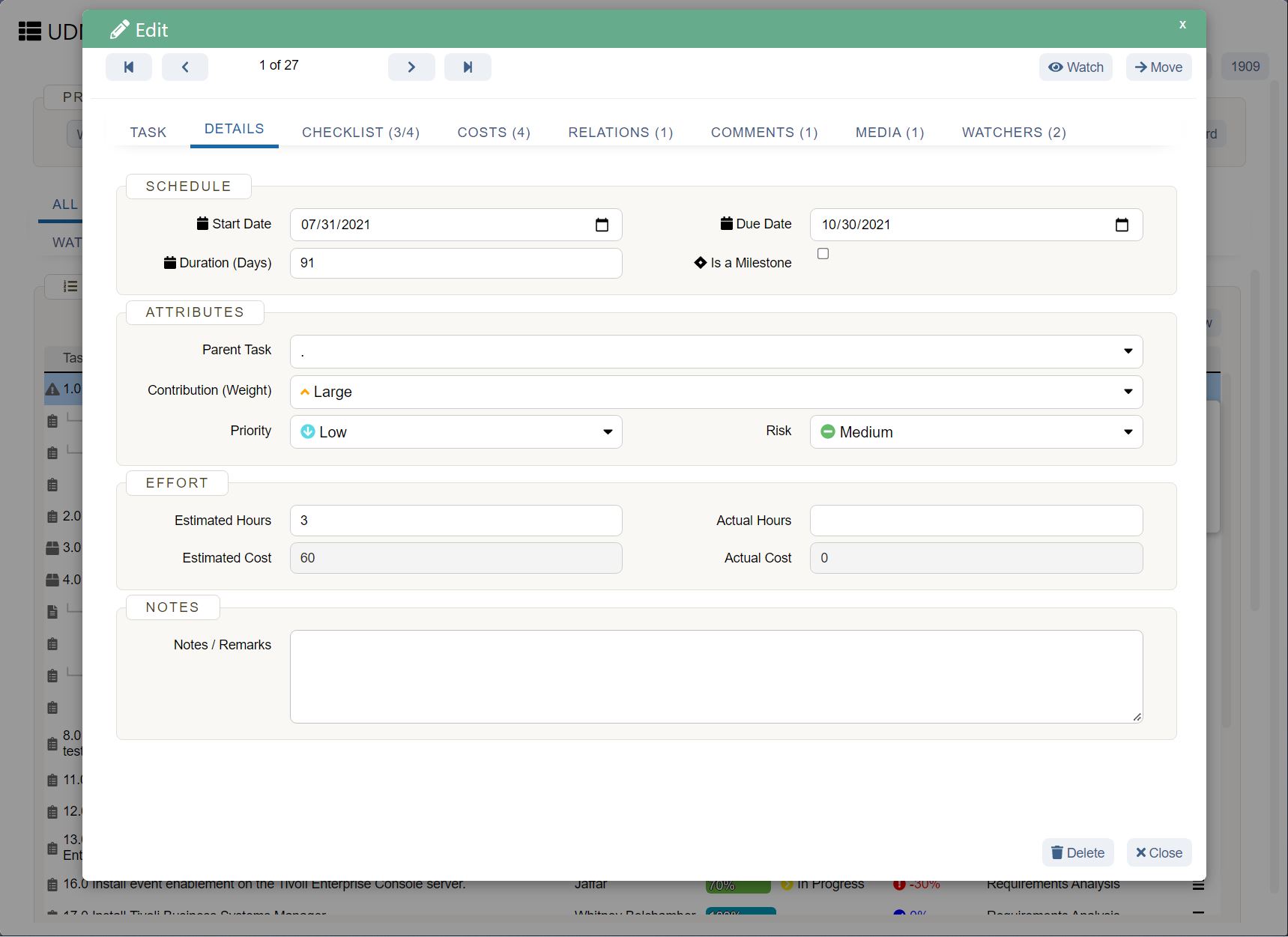
You don’t ever have to officially ask this person to be your mentor. If you’re meeting frequently and connecting well, you and the other person will both grow to think of this relationship like a mentoring relationship.
However, there are some advantages to defining a mentorship relationship once it’s gotten going. The biggest advantage is increased structure—instead of viewing this as a few casual meetings every quarter, your mentor will view the relationship as a mentoring relationship, and may put more into it as a result.
The right way to ask someone to be your mentor depends on your relationship. Once you’ve gotten to know them, you’ll have the best sense of whether or not you want to make this relationship “official.”
How do I structure the mentor/mentee relationship?
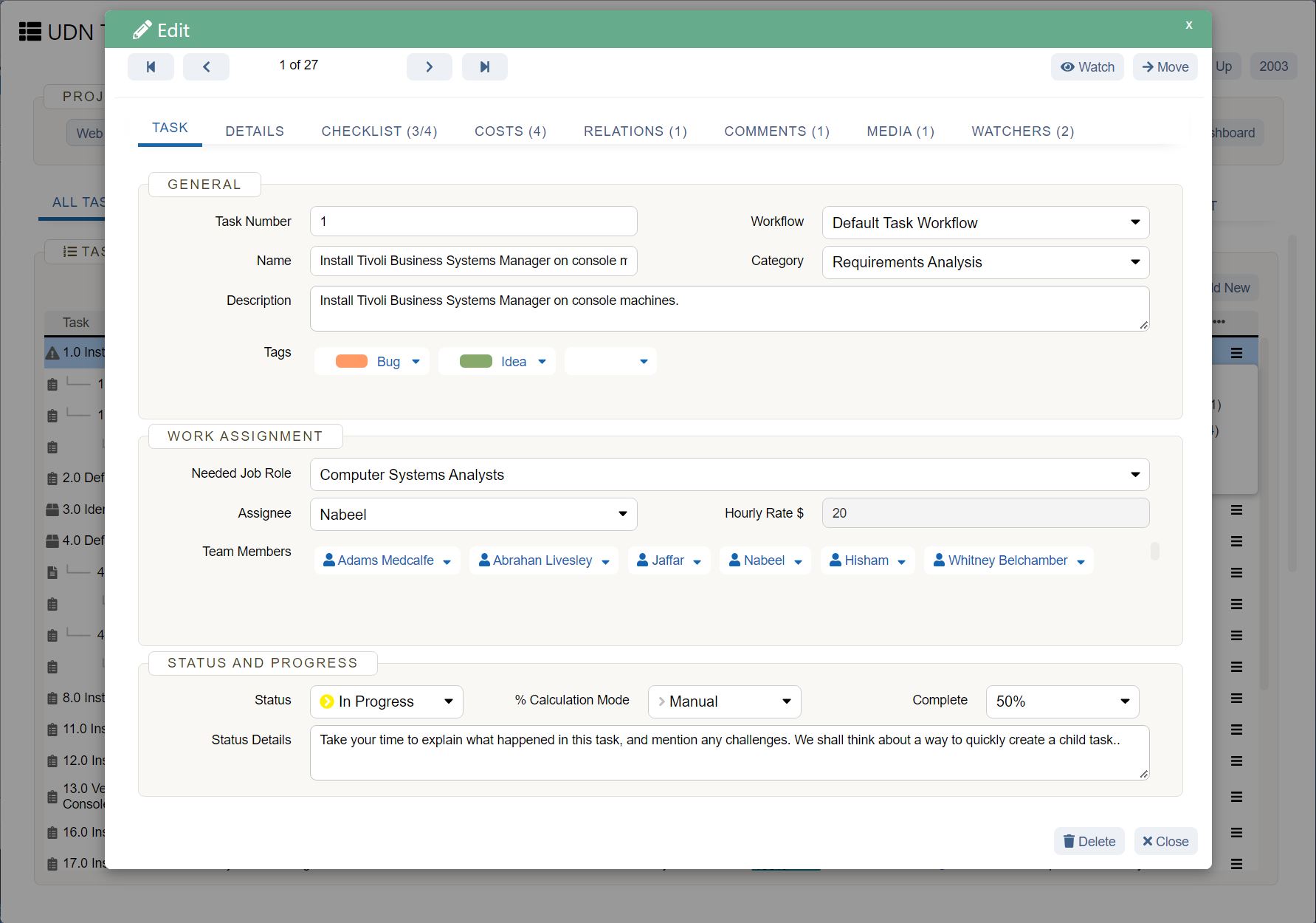
As the mentee, one of the best things to bring to this relationship is structure. While the mentorship relationship is mutually beneficial, you’re the one asking the mentor to take time out of their day to help you advance your career. Providing structure and maintaining the relationship can be the difference between an okay relationship and a great mentorship program.
Structure to provide includes:
Your mentorship goals: What they are and how you’ll track progress towards your goals.
Checking in: Deciding where and how often you want to meet and check in.
Level of preparation: Align on whether or not either of you will prepare something in advance.
Following up: It’s your responsibility to reach out and schedule additional meetups.
Taking responsibility: Being proactive in order to maintain this long-term relationship
You don’t need a formalized written plan—you don’t necessarily even need to share this structure with your mentor. But make sure you have a clear way of tracking progress, plans, and advice. Use a 1:1 project management tool to coordinate all of this work in one place. It’s up to you to decide whether or not to share this software with your mentor. That being said, if you have a formalized mentor/mentee relationship, doing so can help you both align on structure, next steps, and action items.
How do I track progress towards my career goals?
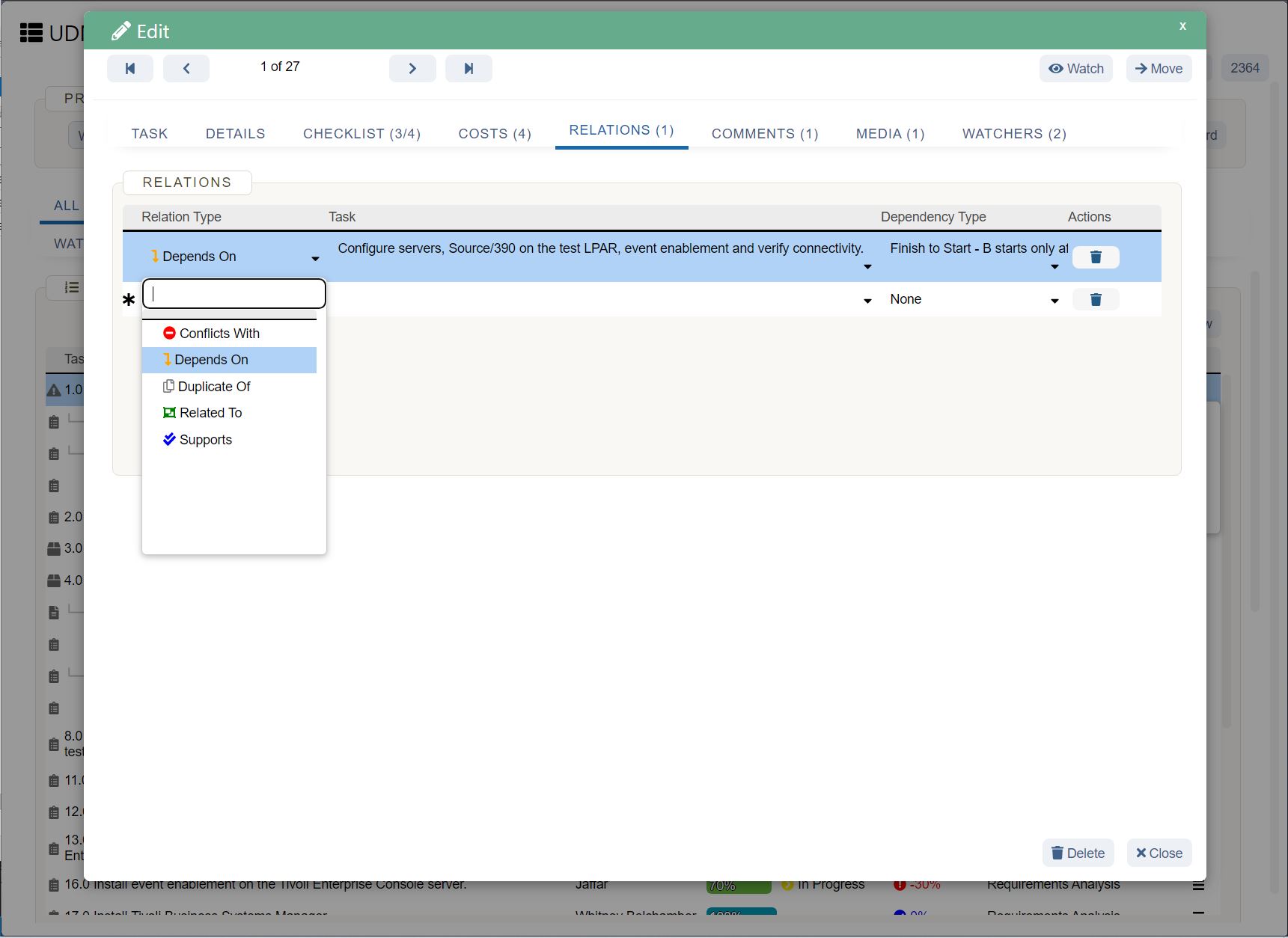
The ultimate goal of a mentorship relationship is to advance your career. The ideal mentor helps you hone your skill set and better understand the industry. As the mentee, it’s your responsibility to track progress towards your goal.
If you aren’t already, use a 1:1 project management tool with goal tracking . This helps you align on what you’re doing, where you’re going, and how you’ll get there.











